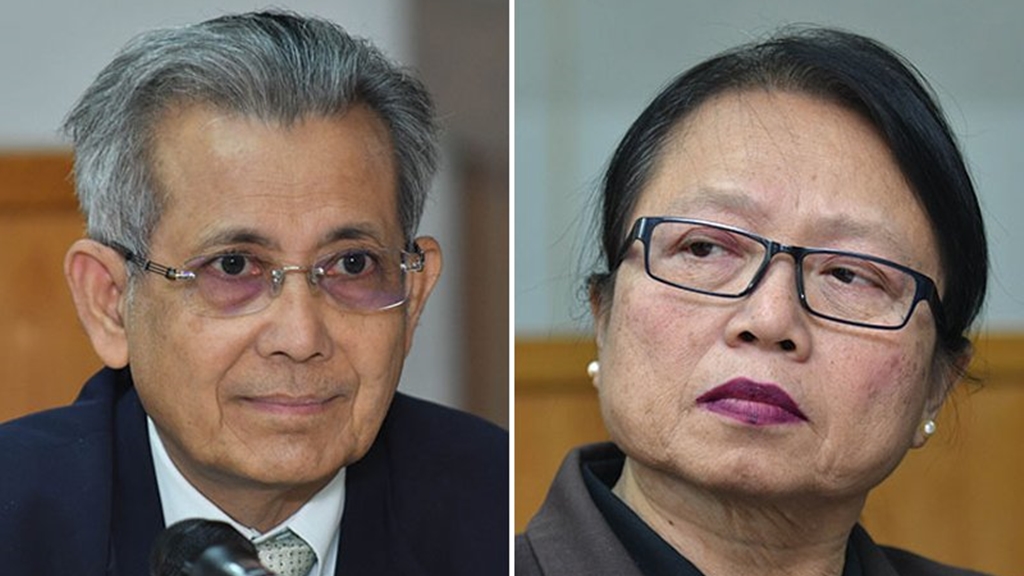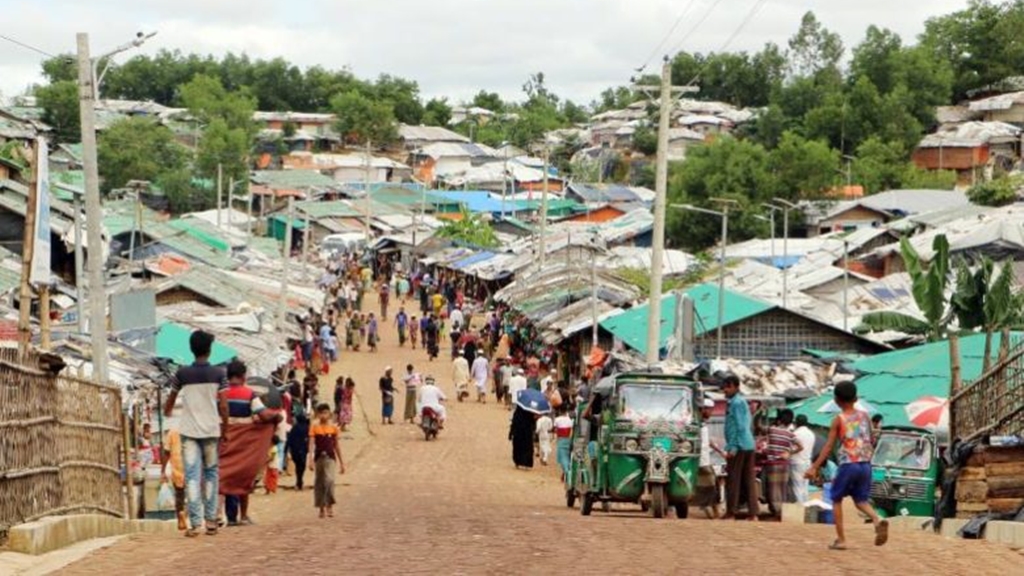
Suhakam commissioners plead for compassion amid hate campaign against Rohingya
- 24/04/2020
- 0
By Nicholas Chung, Free Malaysia Today
PETALING JAYA: Two commissioners from the government’s rights body Suhakam have voiced concern over the rise of xenophobic comments against the Rohingya refugee community after activists highlighted their plight living in parts of Kuala Lumpur that have come under the Covid-19 lockdown.
Former Court of Appeal judge Hishamudin Yunus said the online comments and unverified news to incite hatred towards the Rohingya showed an ignorance on the plight of refugees.
He said refugees did not choose to leave their countries but were forced to do so due to persecution and discrimination.
“We Malaysians, always known for our generosity and kind-heartedness as a people, must be compassionate and sympathetic towards the helpless refugees as fellow human beings, and respect their human rights as refugees.
“And, where possible, extend a helping hand towards contributing to their basic needs,” Hishamudin told FMT.
Online comments attacking the Rohingya followed fears they would face starvation in areas under the enhanced movement control order (EMCO), including near the Selayang wholesale market where there is a large concentration of the ethnic minority who fled the violence in Myanmar.
The government has said foreigners should be helped by their local embassies. The Rohingya, however, are not recognised as citizens by the Myanmar government, and as such could not hope for help from its embassy in Kuala Lumpur.
Many argued that authorities should prioritise the safety of Malaysians first in the war against Covid-19, with an online petition even urging Putrajaya to abandon Rohingya refugees affected by the pandemic.
Hishamudin’s colleague in Suhakam, commissioner Madeline Berma, warned that the current xenophobia could persist in the face of economic hardships, with the perception that foreigners were taking the jobs of Malaysians.
“Malaysians must be able to differentiate between illegal immigrants and refugees or asylum seekers.
“Even in this Covid-19 situation, aid needs to be given without differentiating between citizens or not. Help must be given on the basis of humanity,” she told FMT.
Berma said the Covid-19 crisis had revealed gaps in the nation’s social support system.
While the poor are among the most heavily impacted, the situation is worse for illegal migrant workers and undocumented foreigners such as the Rohingya.
She said many among them worked as garbage collectors, cleaners, guards, labourers and construction workers – jobs shunned by Malaysians.
Hishamudin said the problem faced by Rohingya is compounded by the absence of any official recognition of their refugee status.
Malaysia is not a party to the 1951 Refugee Convention and the 1967 Optional Protocol.
“We do not have an asylum system in place to regulate the status and rights of refugees and asylum seekers.
“As Malaysian law makes no distinction between refugees and undocumented migrants, refugees are at risk of being arrested and detained for immigration offences,” he added.
But he praised Putrajaya’s initiative in providing free screening and treatment to refugees, and also the efforts of NGOs in distributing aid to the community.






